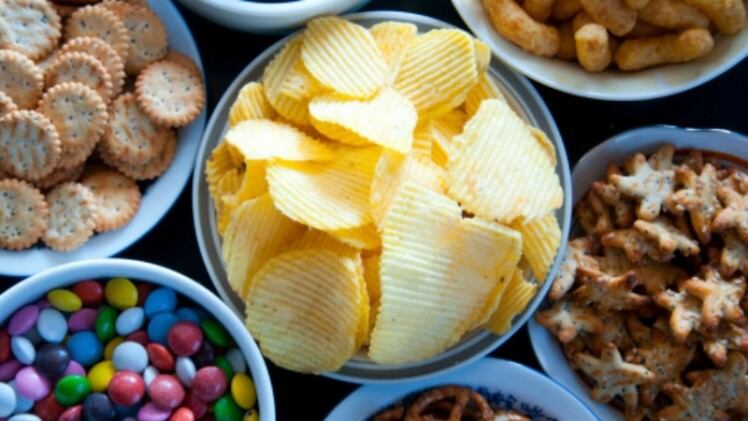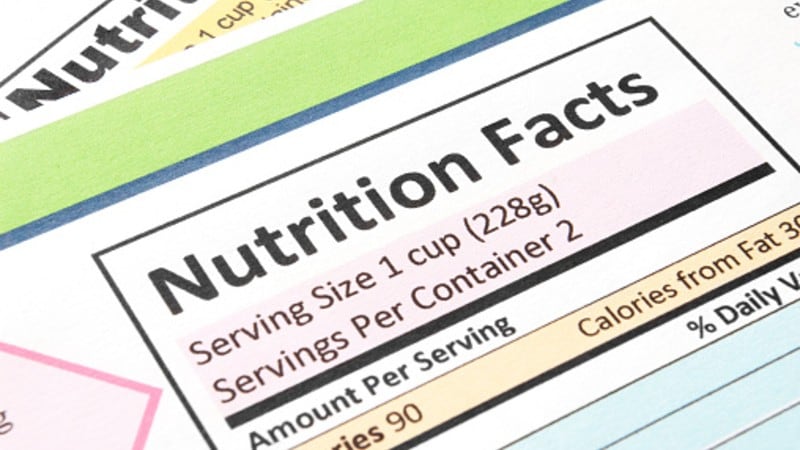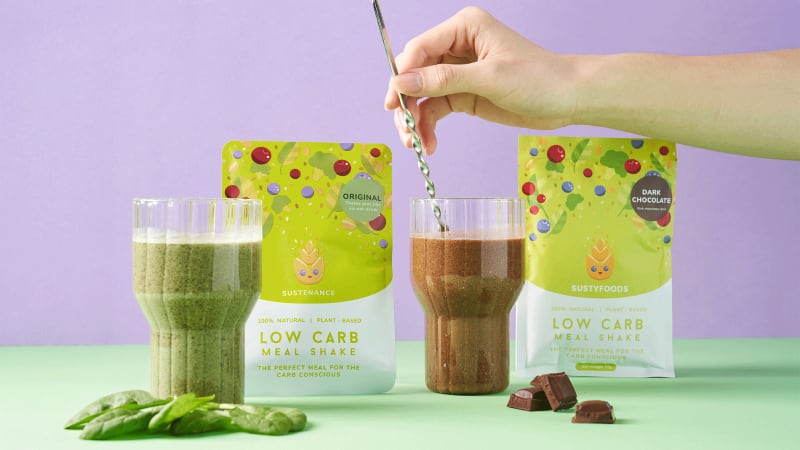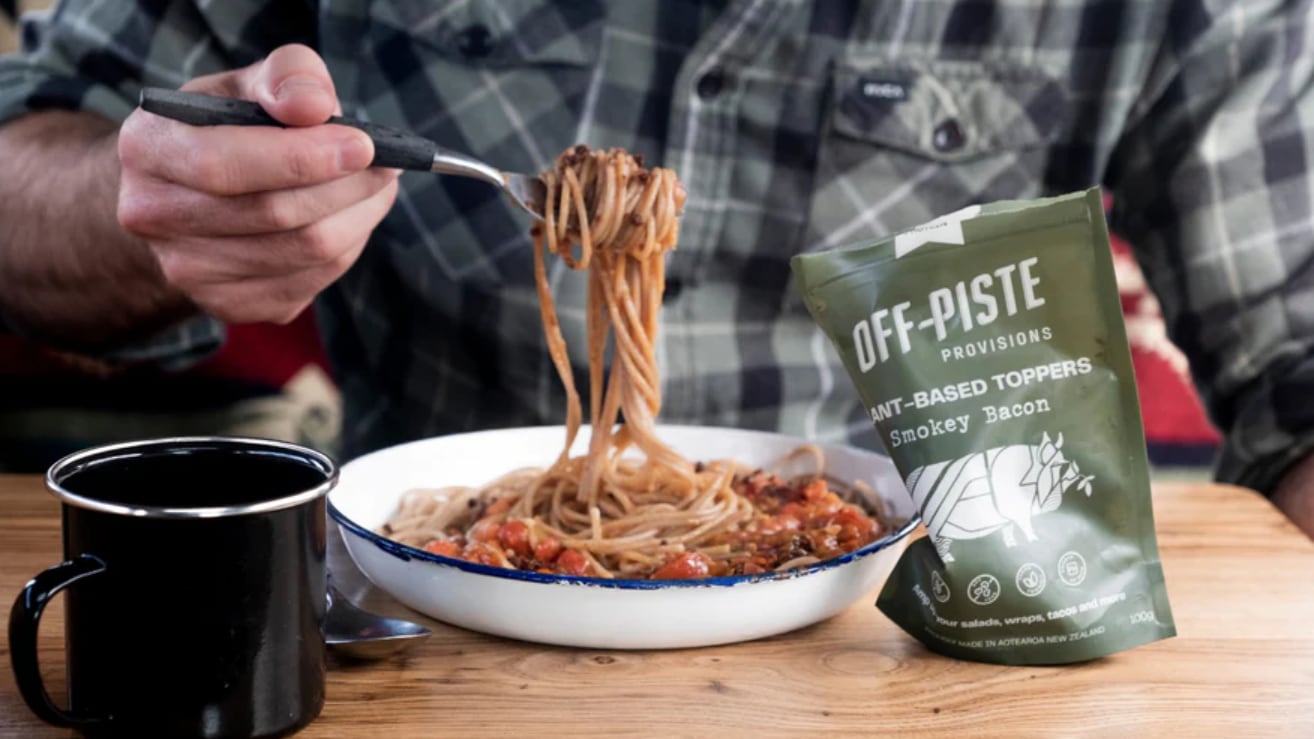Research consistently demonstrates that ultra-processed foods (UPFs) are linked to detrimental health effects.
These include increased risks of cardio-metabolic issues and asthma in children, as well as obesity, cancer, type-2 diabetes, cardiovascular diseases, irritable bowel syndrome, depression, and even mortality in adults. The rise of UPFs has been linked to a shift toward globalized diets that are higher in fat, refined carbohydrates, and lower in fiber.
The researchers behind a study in Thailand claim that the consumption of UPFs is detrimental as it can displace nutritious, unprocessed and minimally processed foods in the diet, potentially leading to vitamin and mineral deficiencies in consumers in the long run.
The study also claims that more than half of UPFs sold in Thailand exceed the recommended daily amount of fat, saturated fat, or sugars. More deterimentally, almost all UPFs (93% of products examined) exceed the recommended amount of sodium.
This study used secondary data from two databases, the Euromonitor Passport Database and the Mintel Global New Products Database (Mintel GNPD). Data on retail sales and Thai consumer expenditure between 2012 and 2021 were obtained from Euromonitor Passport database with projections to 2026. Data on product ingredients between 2015 and 2021 were from the Mintel GNPD.
Both Euromonitor and Mintel provided data on retail sales, consumer expenditure and nutritional information, and ingredients of packaged F&B products available in the Thai market. UPF products were classified based on the presence of one or more industrial food substances or cosmetic additives in the ingredient list displayed on the food label.
Different retail formats for commonly sold UPFs were also considered including hypermarkets, supermarkets, convenience stores, independent small grocers and other grocery retailers.
16,233 packaged products available on the Thai market were downloaded from the Mintel GNPD. These items were then evaluated using the WHO SEA criteria. Of these, 12,855 items were classified as UPF.
Categorised by the WHO SEA food category, the food categories that had the highest percentage of UPFs were confectionery (1,391 items or 94.7% of the total sample in this category), followed by composite foods (1,376 items or 91.5%), fine bakery wares (2,559 items or 88.7%), beverages (3,151 items or 78.6%), and ready-to-eat savouries (1,006 items or 77.1%)
These UPFs were then analysed according to compositions of sodium, total fat, saturated fat, and sugars.
Sodium: 94.8% of the UPF items contained excessive sodium content, and only 5.2% met the threshold. The top three categories with excessive sodium content were fish-based ready-to-eat savouries (98.5%), processed fish and seafood products (98.4%), and composite foods (97.6%).
Total fat: 59.3% of products contained excessive total fat content. UPFs in the following categories had more than half of the items which exceed the threshold amount of total fats: fine bakery wares (94.5%), pasta, noodles and like products (68.4%), and confectionary (51.0%)
Saturated fat: The majority of UPFs met the daily recommended threshold and only a quarter (24.8%) failed to meet it. Processed fish and seafood products had the highest percentage of items with excessive saturated fat (28.3%), followed by composite foods (24.5%).
Sugars: 68.2% of selected UPFs contained excessive total sugars. The UPF categories and subcategories which had over 80% of items with excessive total sugars were cereals (92.6%), fine bakery wares (90.3%), frozen dairy-based desserts and edible ices (86.0%), water-based flavoured drink (83.5%), and confectionary (82.3%)
With the findings listed above, the study also provided a recommendation for local Thai regulatory bodies to increase their knowledge on local UPF consumption:
“It is important for policy makers aiming to encourage healthier dietary choices to have up-to-date information on UPF availability in food supply and UPF purchasing behaviours. However, there is currently no such evidence that is easily accessible and used by policy makers in Thailand.”
Study: Profiling ultra-processed foods in Thailand: sales trend, consumer expenditure and nutritional quality
Source: Global Health
doi: 10.1186/s12992-023-00966-1
PMCID: PMC10472697
Authors: Sirinya Phulkerd, et al




